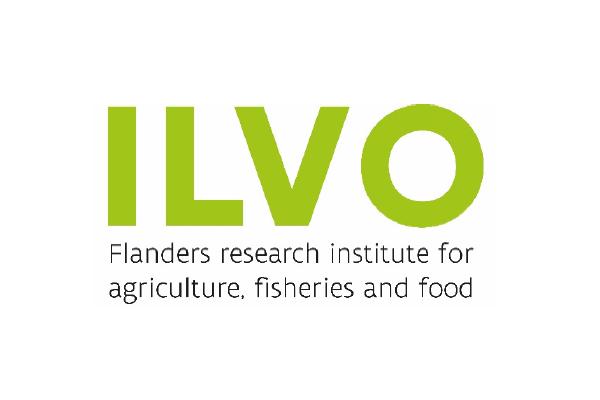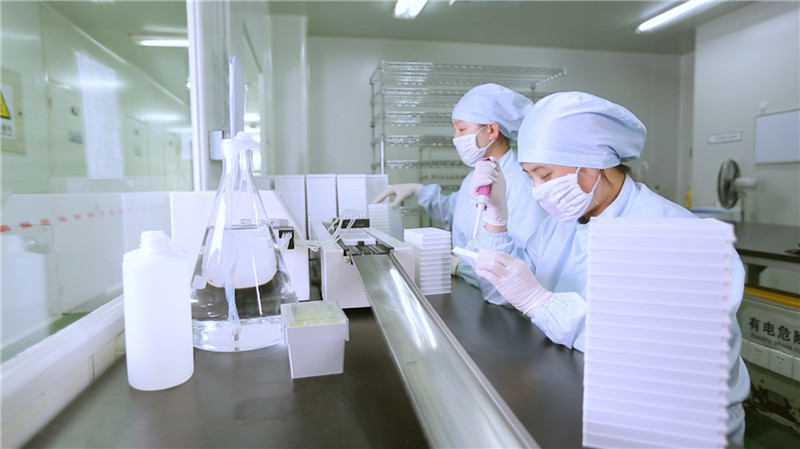Kwinbon MilkGuard BT 2 in 1 Combo Test Kit got ILVO validation in April, 2020
Kwinbon MilkGuard BT 2 in 1 Combo Test Kit got ILVO validation in April, 2020
ILVO Antibiotic Detection Lab has received prestigious AFNOR recognition for validation of test kits.
The ILVO lab for screening of antibiotic residues will now perform validation tests for antibiotic kits under the norms of the prestigious AFNOR (Association Française de Normalisation).

By conclusion of ILVO validation, Good results were obtained with MilkGuard β-Lactams & Tetracyclines Combo Test Kit. All milk samples fortified with ß-lactam antibiotics (samples I, J, K, L, O & P) were screened positive on the ß-lactam test line of MilkGuard β-Lactams & Tetracyclines Combo Test Kit. The milk sample spiked with 100 ppb oxytetracycline (and 75 ppb marbofloxacine) (sample N) was screened positive on the tetracycline test line of MilkGuard β-Lactams & Tetracyclines
Combo Test Kit. Hence, in this ring test benzylpenicillin, cefalonium, amoxicillin, cloxacillin and oxytetracycline are detected at MRL with MilkGuard β-Lactams & Tetracyclines Combo Test Kit. Negative results were obtained for the blank milk (sample M) on both channels and for the milk samples doped with antibiotics that are supposed to give a negative result on the respective test lines. So, there were no false positive results with MilkGuard β-Lactams & TetracyclinesCombo Test Kit.
To validate test kits, the following parameters have to be determined: detection capability, test selectivity/specificity, rate of false positive/false negative results, repeatability of the reader/test and robustness (impact of small changes in the test protocol; impact of the quality, composition or type of the matrix; impact of age of reagents; etc.). Participation in (national) ring trials is also normally included in the validation.

About ILVO : The ILVO lab, located in Melle (around Ghent) has been a leader in the detection of residues of veterinary medicines for years, using screening tests as well as chromatography (LC-MS/MS). This high-tech method not only identifies the residues but also quantifies them. The lab has a long tradition of performing validation studies from microbiological, immuno- or receptor tests for the monitoring of antibiotic residues in food products of animal origin such as milk, meat, fish, eggs and honey, but also in matrices such as water.